 Everything we do changes the world, of course, and I remain a strong advocate for kindness. Nonetheless, we need to face the fact that the children’s book version of “be kind and change the world” hasn’t worked. Wars and crime proceed as they have since the Bronze Age, and long years of promoting “be kind” hasn’t changed that a bit.
Everything we do changes the world, of course, and I remain a strong advocate for kindness. Nonetheless, we need to face the fact that the children’s book version of “be kind and change the world” hasn’t worked. Wars and crime proceed as they have since the Bronze Age, and long years of promoting “be kind” hasn’t changed that a bit.
And so we need to find out why kindness hasn’t worked beyond the personal and family level. If we don’t, our efforts to cultivate it will be empty dogmas that have no effect in the real world: Our preaching on kindness won’t go much farther than making children behave. Continue reading “Why Kindness Doesn’t Change The World”

 People remember Bruce Lee as a fighter or as a movie star. But as it happens, he was also a thoughtful man. Bruce had his gaps and flaws, of course, but he also left behind a lot of useful thoughts. And since so few people know about these ideas, I’
People remember Bruce Lee as a fighter or as a movie star. But as it happens, he was also a thoughtful man. Bruce had his gaps and flaws, of course, but he also left behind a lot of useful thoughts. And since so few people know about these ideas, I’ While most people missed it, there was a thriving gold economy in the early 2000s. It was centered around e-gold (a system for trading digital gold) and it involved billions of dollars per year in transactions. It was also a magnificent adventure.
While most people missed it, there was a thriving gold economy in the early 2000s. It was centered around e-gold (a system for trading digital gold) and it involved billions of dollars per year in transactions. It was also a magnificent adventure. 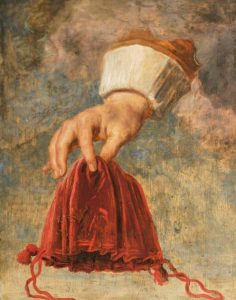 I’ve advised people to get and stay out of debt for a long time, but even so, I didn’t fully understand the affects of debt until the Covid time. As the mayhem spread, I struggled to understand the level of compliance with what would have
I’ve advised people to get and stay out of debt for a long time, but even so, I didn’t fully understand the affects of debt until the Covid time. As the mayhem spread, I struggled to understand the level of compliance with what would have 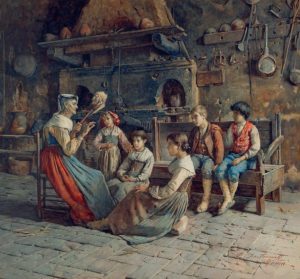 Civilization is produced by us, not by dominance hierarchies with publicity operations.
Civilization is produced by us, not by dominance hierarchies with publicity operations.  Everything “normal” in the Western system trains you to be a placeholder: You
Everything “normal” in the Western system trains you to be a placeholder: You 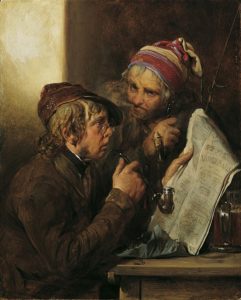 Humanity is informed as never before; nothing in the historical record compares. This, unfortunately, is not a particularly good thing.
Humanity is informed as never before; nothing in the historical record compares. This, unfortunately, is not a particularly good thing. 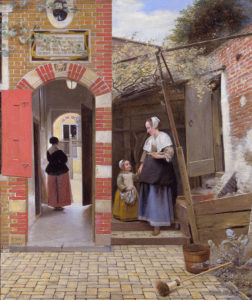 Even if you’re not exactly sure what
Even if you’re not exactly sure what  People sometimes talk about freedom requiring morality and even religion. The famous quote along these lines is from John Adams, who wrote that the US constitution was made for “a moral and religious people,” going on to say that it’s unfit for any other kind.
People sometimes talk about freedom requiring morality and even religion. The famous quote along these lines is from John Adams, who wrote that the US constitution was made for “a moral and religious people,” going on to say that it’s unfit for any other kind. 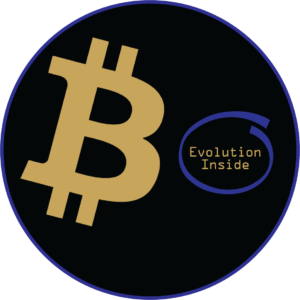 I learned long ago that when institutions decide to ride a subject, they can do so for a long time. By endless repetition people are worn down into compliance, and then into defense of their compliance. I’ve seen it too many times.
I learned long ago that when institutions decide to ride a subject, they can do so for a long time. By endless repetition people are worn down into compliance, and then into defense of their compliance. I’ve seen it too many times.